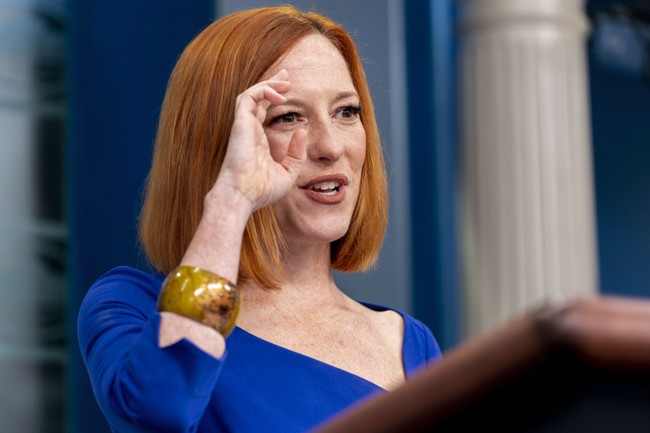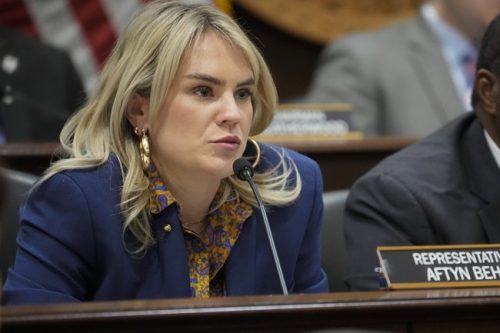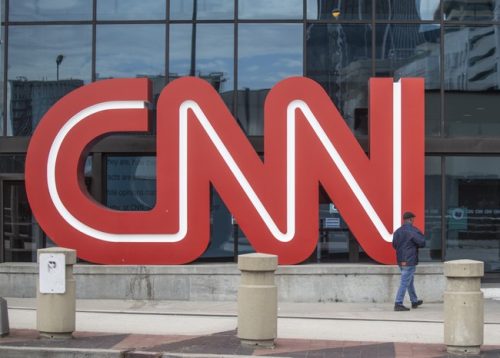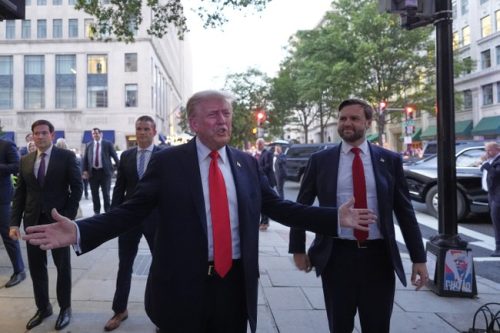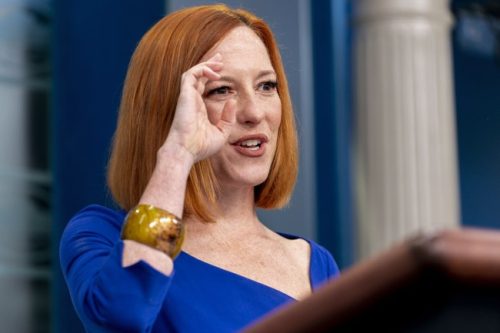Short summary: This piece calls out two prominent media figures for what the writer sees as hypocrisy, revisits documented examples of manipulated coverage, accuses parts of the press of protecting political allies, and argues that sustained bad reporting pushed millions toward alternative news sources.
Ms. Couric gets named first because of a 2016 controversy that still matters: she edited a gun control documentary in ways critics said skewed activists’ portrayals, and her director acknowledged that edit during the fallout. That episode is held up here as an example of how mainstream outlets can shape narratives by choosing what to show and what to hide. When that kind of selective framing becomes routine, trust evaporates fast and people start hunting for other outlets that feel less rigged.
Then there is Jen ‘circle back’ Psaki, who is accused of participating in a long pattern of spin that minimized concerns about Joe Biden’s condition while he was in office. The claim here is that reporters and press shop veterans created cover stories, delaying or deflecting tough questions rather than pressing for straight answers. Readers are told those protection campaigns add up and feed the belief that journalists are in the business of shielding friendly politicians.
The column argues that the man most targeted by modern political attacks has been Donald Trump, and that many of those allegations ultimately proved to be hoaxes. “Being part of Jeffrey Epstein’s pedophilic activities is a hoax. Being a Russian spy was a hoax.” Those two lines are used to underscore the point: repeated false bombshells teach the public to distrust big-media headlines.
Jen Psaki and Katie Couric complain that Trump is getting softball questions from ‘sycophants’ in the press, unlike presidents in the past:
“It’s more of a Kremlin-esque press corps."
Beyond. Parody. pic.twitter.com/VmwdPxvygS
— Western Lensman (@WesternLensman) November 22, 2025
When high-profile stories collapse or get withdrawn, the collateral damage is predictably severe: the institution that issued the claim loses credibility. That erosion of trust drove millions away from traditional outlets toward alternative information streams, and that shift reshaped how political narratives spread. Once people start siphoning away into different media spheres, it becomes a long, uphill battle to recover a reputation.
The piece takes aim at the White House press corps, calling many questions “too soft” and arguing that timid reporters let political figures skate on accountability. It’s blunt about motives, saying that when the press cushions a favored politician the public notices and punishes the behavior by tuning elsewhere. From this perspective, journalism’s role as watchdog has been compromised when too many interviews feel like friendly check-ins rather than serious probes.
On Biden specifically, the tone turns direct and personal: the writer charges that he repeatedly avoided the press because he could not keep pace with what an active president must do. “He was too old, slow, and stupid” is the blunt assessment used to explain why, in the author’s view, Biden dodged sustained scrutiny. That line is meant to shock and to make a point about why some voters lost confidence in mainstream coverage of his fitness for office.
The piece also criticizes the broader media ecosystem for indulging rumor and innuendo, noting that sensational but false claims multiply quickly. When outlets chase viral scoops instead of verified facts, they trade short-term attention for long-term authority. The consequence is predictable: an audience that migrates to outlets where narratives align with their preexisting views or where skepticism of elites is the default.
There’s a clear partisan edge to the arguments: the writer insists that conservative audiences got better information from alternative channels while legacy outlets largely defended the Left. That view argues conservatives were simply more effective at producing direct, plain-spoken coverage that resonated, and that the competition for attention rewarded louder, more skeptical reporting. “It’s not our fault that our people are flat-out better,” the piece declares, framing media schisms as a win for those outside the old gatekeepers.
Ultimately, the article presses the idea that credibility is earned, not assumed, and that past missteps by widely trusted journalists have consequences nobody can wish away. The verdict here is that selective editing, protective spin, and lazy chasing of headlines have real political effects, shifting where millions go for news. The tone stays confrontational because the core claim is straightforward: when the press fails, the public adapts quickly and permanently.

